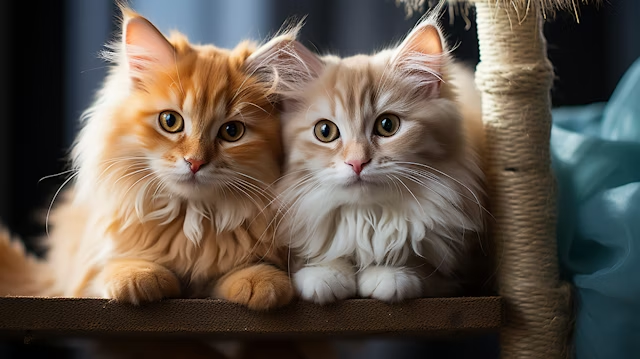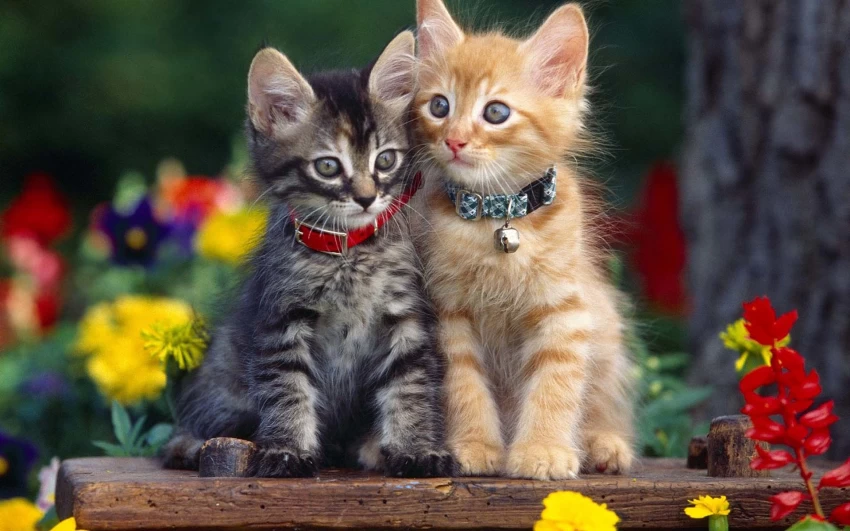 /,
/,Islamic
The Quran doesn't explicitly mention cats, but Islamic tradition views them as ritually clean and permissible to keep as pets, even allowing them to enter homes and mosques.
 /,
/,In Islamic tradition, cats are admired for their cleanliness. They are considered to be ritually clean, and are thus allowed to enter homes[1] and even mosques, including Masjid al-Haram. Food sampled by cats is considered halal, in the sense that their consumption of the food does not make it impermissible for Muslims to eat, and water from which cats have drunk is permitted for wudu (the ablution that is done by Muslims).[1] Muslim scholars are divided on the issue of neutering animals. Most, however, maintain that neutering cats is allowed "if there is some benefit in neutering the cat and if that will not cause its death".[5] Muhammad ibn al Uthaymeen, a 20th-century Saudi Arabian Wahhabi imam, preached: If there are too many cats and they are a nuisance, and if the operation will not harm them, then there is nothing wrong with it, because this is better than killing them after they have been created. But if the cats are ordinary cats and are not causing a nuisance, perhaps it is better to leave them alone to reproduce.[5]


Prophet Muhammad's Love for Cats: The Prophet Muhammad was known to have a cat named Muezza and had a strong fondness for them.
